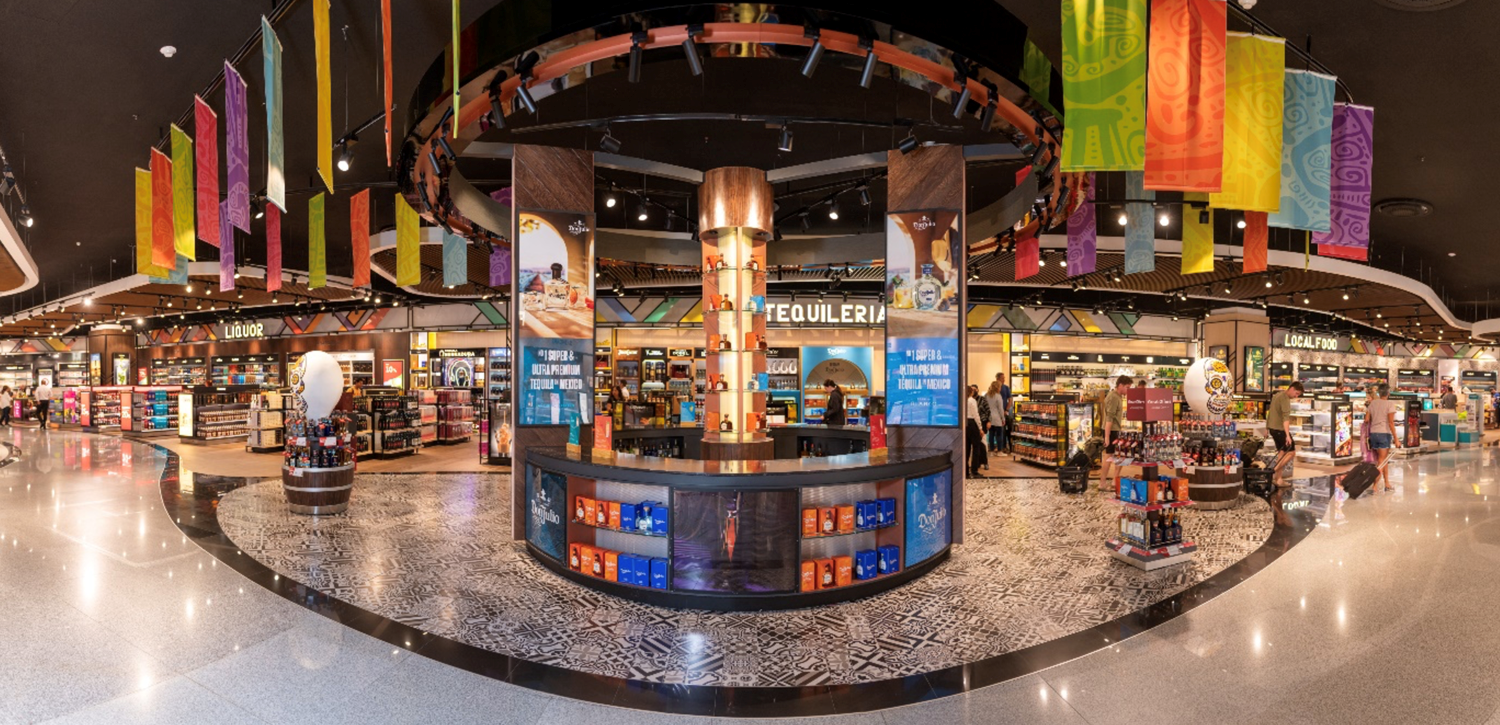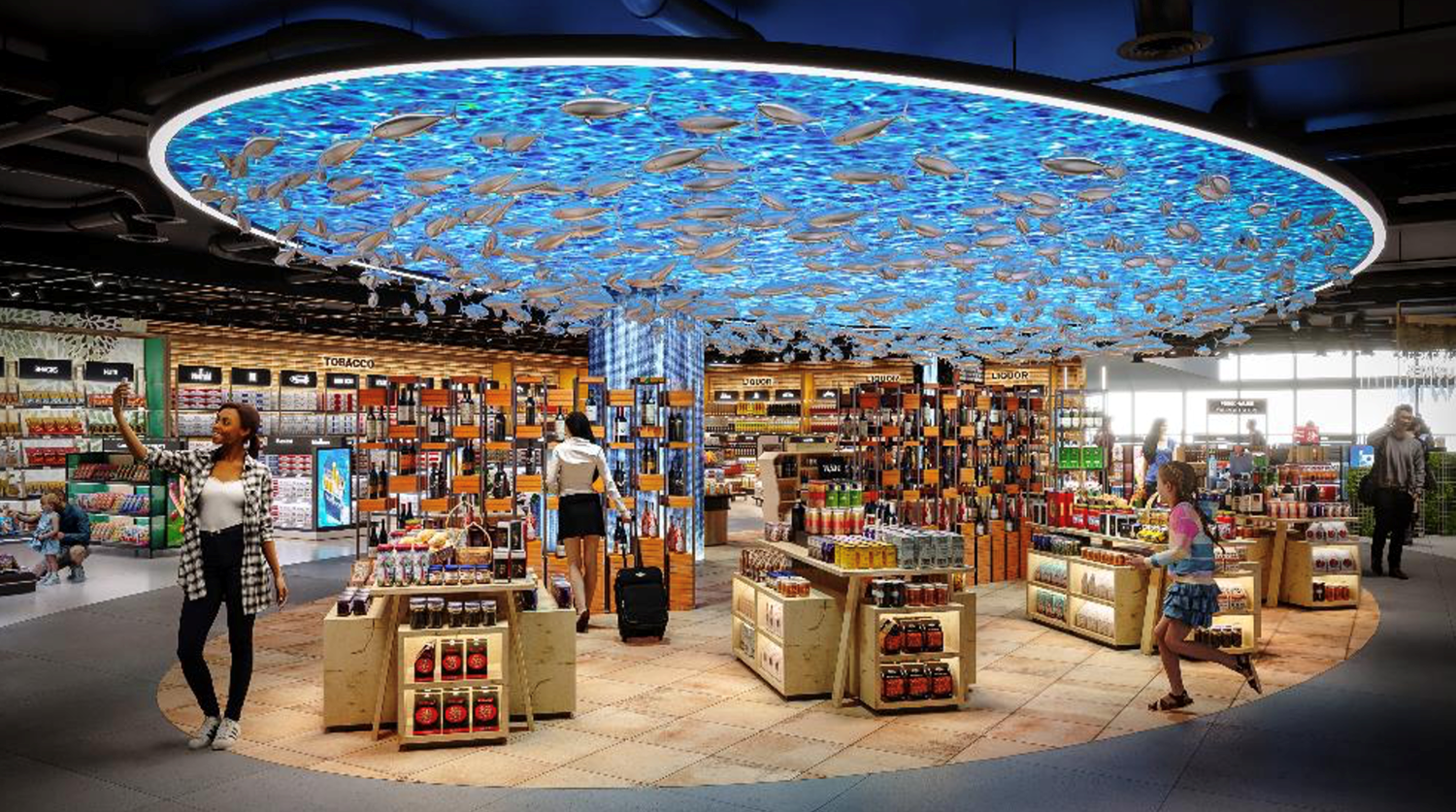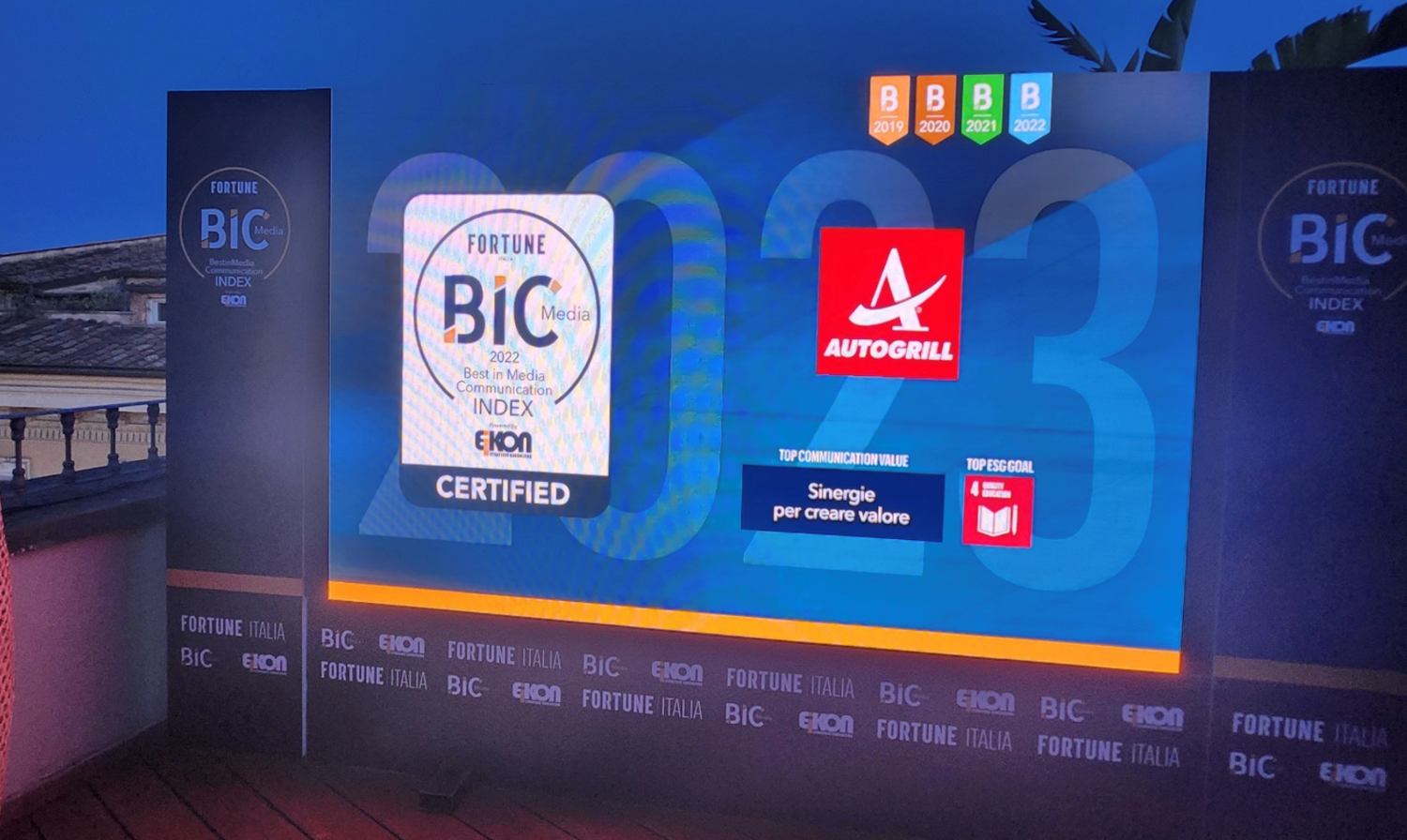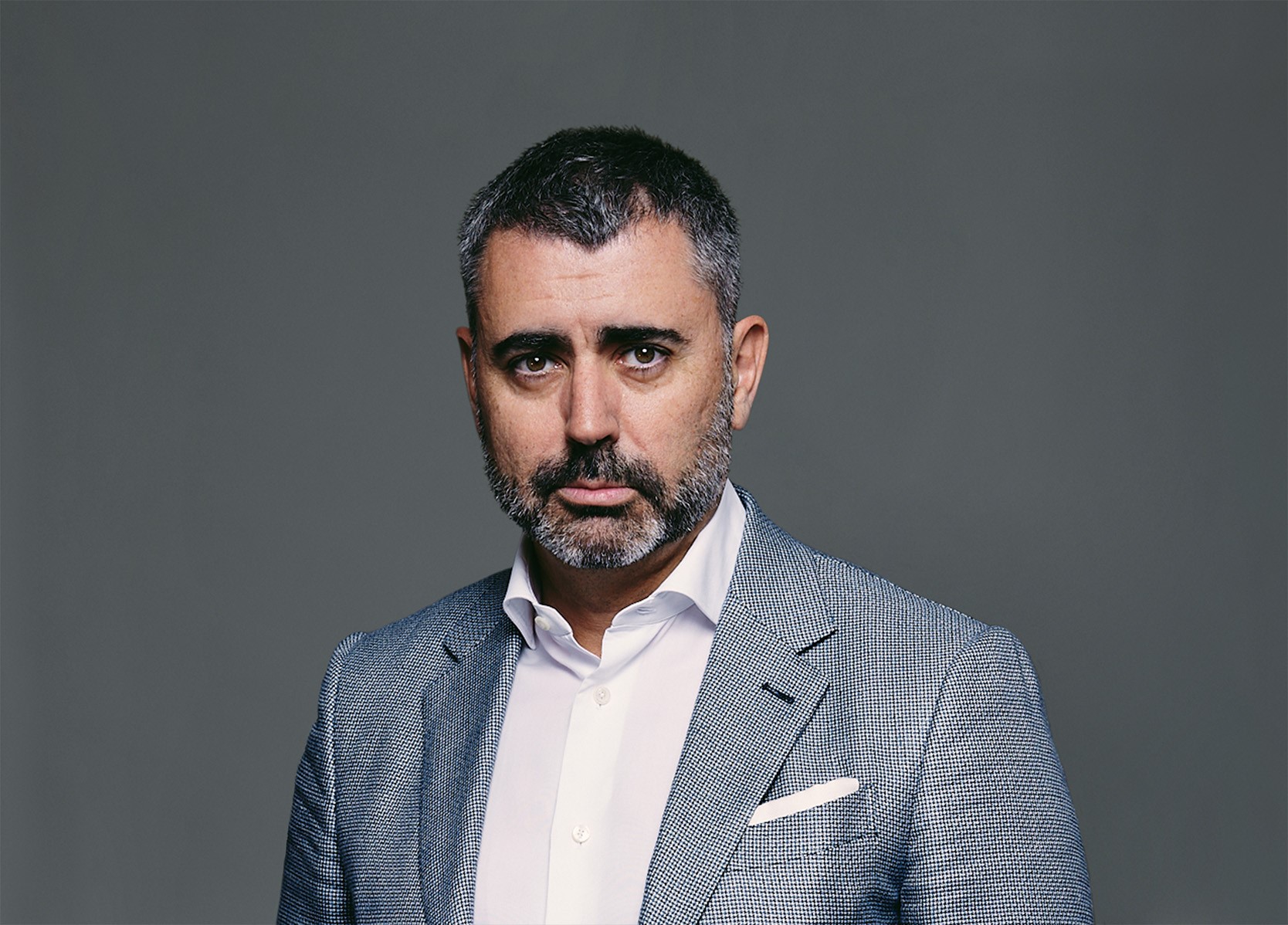Issue 33 - December 2019
“South”
)
“South”, published in 1919, is Ernest Shackleton’s account of the Endurance, his third expedition to the South Pole, and probably one of the most thrilling ones. It tells the story of the shipwreck of the Endurance and the efforts of Shackleton and the crew to survive.
Far from, the epic of this early 20th-century expedition, Yves Gerster, Group CFO of Dufry, navigates the rough seas of the financial markets these days and in the interview he tells us a bit about his background, how he made his way up to become our CFO, and the complex scenarios he is handling in his new role.
There is no doubt that 2019 will be a year to remember for you. After 13 years in various positions at Dufry, you have progressed to become the group´s CFO. What have been the main highlights over these years?
For me personally, the key highlights were all the projects and especially the acquisitions. If I have to highlight one specifically, it is probably the one in Greece in 2012. We had to work with a complex structure, involving a number of elements, which had to be orchestrated seamlessly to make it work. From a finance perspective this included several local and global financing arrangements, various regulatory hurdles, the initial rating by the agencies Moody’s, Fitch and Standard and Poor’s, as well as many other elements. At the same time, we had to convince the lending banks and other stakeholders that an investment in a Greek company, at the peak of the Greek crisis, was actually not a bad idea. And in hindsight, we all now know that it was actually a brilliant idea!
Markets seem to be living through strange times. With the trade war, Brexit, currency devaluation, and political uncertainty here and there – amongst many other factors – it does not look like itis “the best sea to sail”. How have the first 9 months as CFO of Dufry been?
There are indeed some challenges, but this is what actually makes it a great sea to sail. If you are looking for a lull in the wind, Dufry is probably not the right place to be! I believe that things are never purely good or bad. But in most cases, something which at a first glance seems to be a threat can in fact be seen as an opportunity. You mentioned Brexit, which is probably the perfect example of that. Indeed, the current discussion around Brexit bears certain risks for the company. The Pound Sterling may devaluate, which may result in different traveling behavior among British passengers. However, it also brings two potential advantages. Traveling to the UK and especially spending money in the UK may become more attractive for travelers visiting the UK – which incidentally, is exactly what happened two years ago, when the result of the referendum was first announced. And the second, much more important factor is related to taxes. Once Brexit finally happens, all sales generated with passengers traveling from the EU to the UK and vice versa will become duty free post Brexit. This has an immediate positive effect on our profitability.
All economic indicators seem to be anticipating an economic slow-down. How prepared is Dufry for such a scenario?
I am not yet entirely convinced that the global economy will enter into a recession in the next 12 to 24 months. The economic data is certainly weak and we may see some quarters with very low growth. However, I believe that we may have reached the low point. A key aspect remains the trade war between the US and China. How it evolves over the next quarters is the key risk for the global economy.
At Dufry, we are as prepared for such a scenario as one can be. There are two factors that are important to mention. Firstly, we have a very flexible cost structure, which minimizes the effect of a sales downturn on profitability. The second element is our disciplined financial approach when entering into new opportunities, be it new concessions or acquisitions. We give high importance to returns, cost control, and cash generation. Even in a scenario of a downturn, there are some self-healing initiatives we can launch, which allow us to mitigate part of the risk. Our global footprint also means that we are less exposed to local or regional impacts. A slowdown in one region has a relatively low impact on the group. Normally when something like this occurs, we are able to compensate for the lower turnover in one country by additional sales in other locations.
On top of all of the above, you are continuing the task of educating the market on our business, especially with the accounting standards. What are, in your opinion, the metrics a CFO should always monitor in a company like Dufry?
For me, it has always been cash. Maybe I am biased, because I used to work as treasurer for many years. The accounting is obviously important, no doubt about that. However, it represents an interpretation of a reality. You will always find many different interpretations of the same topic, when, actually, none of these interpretations are factually wrong. With cash, it is different – cash is fact.
Dufry’s operational business has always been a very strong cash generator. Given that we have neither any of our own production sites, nor R&D or any other structural elements tying up a lot of money for the operational business, we have always generated a substantial amount of cash. So probably, the most relevant KPI that we are reporting to the financial markets is Equity Free Cash Flow. The group is currently generating around CHF 350m-400m every year.
What´s your biggest challenge right now?
Managing the expectations of the financial markets. Investors, analysts, and the press in general seem to have a hard time understanding all aspects of our business model. We are sometimes confronted with arguments that lack any basis. And we also see, for example, analysts trying to “build a story” based on issues that they believe to be having an impact on the business, but in reality do not. One of the challenges is that it is probably difficult for the financial community to “pigeonhole” us, or put us in a clear box. We are at the crossroads between retail, the travel industry, and luxury. It is also difficult for the market to find peers that allow the comparison of our performance against other companies. The reason being that even if we look at our industry and our competitors, there are different factors making a clear difference individual players. Some of them are privately held and do not disclose any performance information; some of them are part of a larger conglomerate, who again do not disclose data at this level of detail, while others have different business models, e.g. focusing more on downtown locations, like the Koreans. All these factors complicate the comparison of Dufry and our achievements against other travel retailers.
What do you think you need to become a CFO? Not just at Dufry, but in general terms.
I believe it really depends on the company, and that is true not only of the CFO role, but many others, too. I was the treasurer of Dufry for more than a decade. During that time, we completed a number of large-scale acquisitions, which had to be financed by debt. As a treasurer, I became a specialist in complex financing arrangements. I also had regular interaction with the financial markets, including banks, investors, and other stakeholders. That background was also one of the building blocks for my move to become CFO of Dufry, as it further widened my experience and allowed me to prepare for one of the important responsibilities of a CFO: to interact with all stakeholders of the finance industry, going beyond pure treasury.
Sustainability, and particularly anything related to climate change, seems to be a key priority on most corporate agendas worldwide. What´s your view on that, and where does Dufry stand in regard to this?
We have done a lot already in that respect, but there is still a long way to go. It is important that we read the Zeitgeist (spirit of the times) properly and meet the needs of our customers and stakeholders alike. When talking to the markets, we are getting more and more questions relating to this topic. It is critical for us to make a meaningful contribution to the societies and the environment in which we operate. Additionally, it is important to understand that today the term Corporate Social Responsibility goes beyond purely social and environment aspects, as it did in the past. Instead, the focus is also on other topics such as health and safety, corporate governance, compliance, and diversity, to name but a few. Thus we need to be aware and aligned with todays and future requirements of this kind, as there is an increasing number of investors focusing on these topics, before making an investment decision.
Tell us a bit yourself – what do you like doing outside the office? Any real passions – or dislikes?!
Dislikes – not that many. Although, I would definitely dislike it if you put a big spider in my office! In my free time, I love to travel. For me, the journey starts with the planning, which in my case typically takes a lot of time. I rarely stay at a single place, but plan road trips to remote locations far away from the crowds. You will find me hiking in the Engadin region of Switzerland or the Dolomites in Italy. I also love the deserts of Africa or the Atacama in South America. Having a passion for expansive landscapes, I also love to go to the far north of Scandinavia during winter season. Be it snow-covered mountains combined with the deep blue sea in Norway, or Finnish Lapland covered in meters of powdery snow – these are places I enjoy spending my time. I am an enthusiastic photographer and there are so many opportunities for great shots in these places.
In a minute:
A meal: Sushi, and on a cold winter day in Switzerland, a delicious Swiss cheese fondue
A book: The Selected Poetry of Rainer Maria Rilke
A city: London
A film: Burn after Reading from the Coen brothers
A hobby: Photography
A leader: Ernest Shackleton – his expedition to cross Antarctica failed. The ship sank after being trapped in the ice for seven months. The achievement of Shackleton was to keep the crew’s motivation up while they were living on the floating ice shelf, and he sailed 1,300 km to South Georgia in a tiny rescue boat to get help. All the men survived.
An airport: Carrasco International Airport, Montevideo, Uruguay. By far the most beautiful airport in the world!
By Renzo Radice





